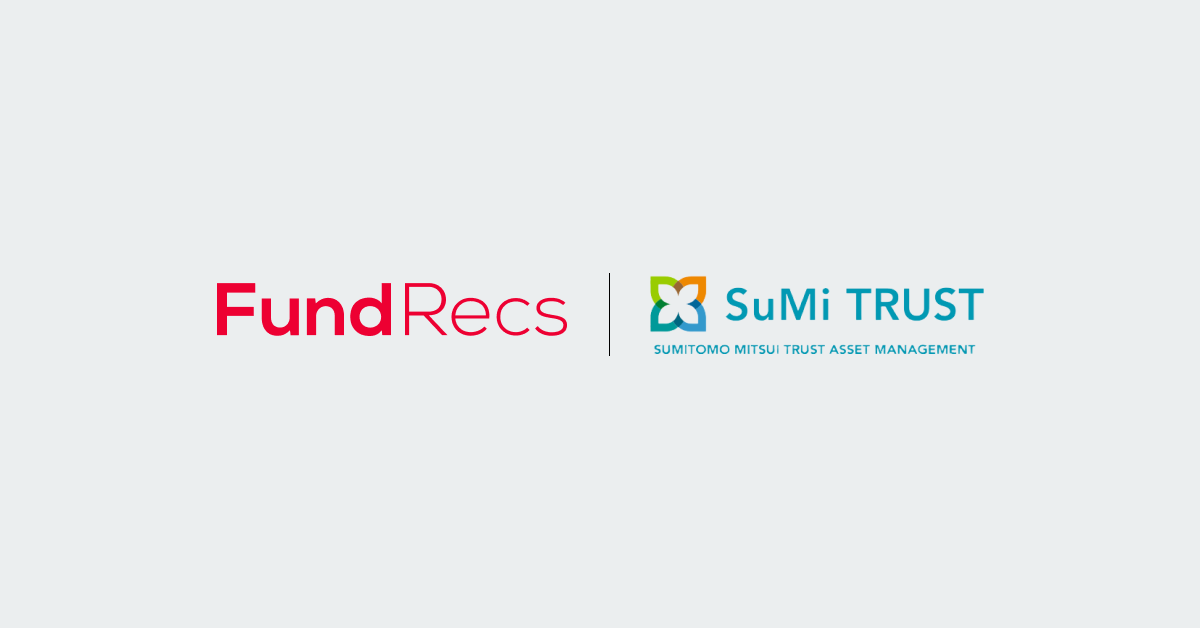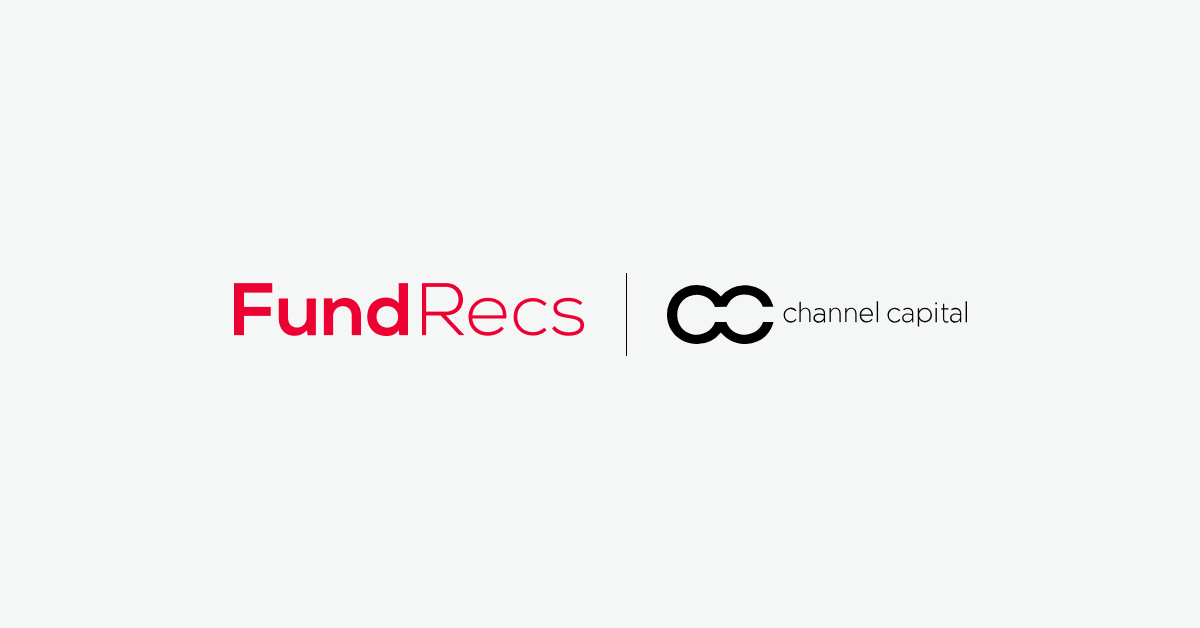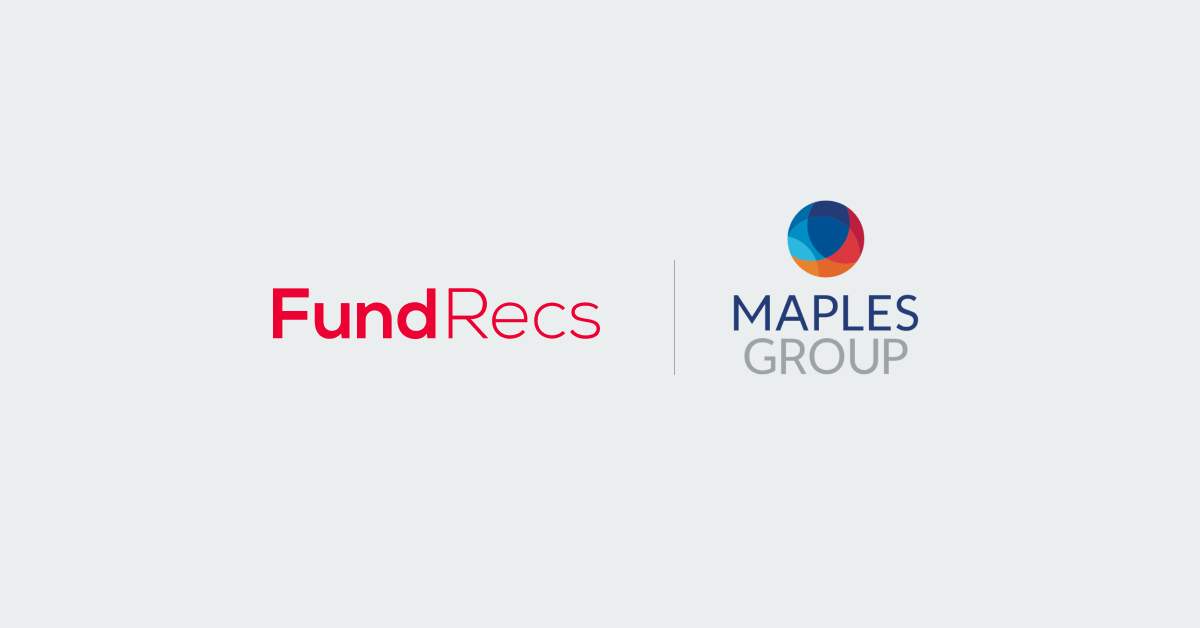Resources
Stay up to date with the latest news, articles, and opinion from Fund Recs, designed to keep you informed and ahead in managing, moving and reconciling fund data at scale.
Latest from Fund Recs

Fund Recs, Football, and Fatherhood: 2024 in 900 words
Reflecting on 2024: A year of football highs and lows, fatherhood lessons, and remarkable achievements at Fund Recs, culminating in a transformative platform launch.
Read Post
Part 2: Putting AI to work at Fund Recs
Part one on AI and how we're putting AI to work at Fund Recs.
Read Post
2024 The Year of EMIR
2024: The EMIR Year – challenges, milestones, and what’s next. Reflecting on a year of learning and progress with the EMIR Working Group.
Read Post
The hard work of making things simple: Putting AI to work at Fund Recs.
Part one on AI and how we're putting AI to work at Fund Recs.
Read Post
SuMi TRUST adds Fund Accounting Solution from Fund Recs
SUMI Trust has adopted Fund Recs fund accounting reconciliation solution, marking a significant step in enhancing financial operations.
Read Post
Channel Capital
Channel Capital automates cash and position reconciliations, achieving significant efficiency and accuracy gains with Fund Recs' data solutions.
Read Post-
Whitepaper
Automating Fund of Funds Reconciliations
Get a detailed insight into the current state of Fund of Fund reconciliations. Find out why some of these are still being completed manually and discover the main challenges of reconciling Fund of Funds. This whitepaper also investigates the associated risks and how to address them.

Latest news
 Data Reconciliation
Data Reconciliation
SuMi TRUST adds Fund Accounting Solution from Fund Recs
SUMI Trust has adopted Fund Recs fund accounting reconciliation solution, marking a significant step in enhancing financial operations.
Read Post Client News
Client News
Muzinich & Co adopts the Fund Recs platform for EMIR Solution
Muzinich & Co selects Fund Recs' EMIR oversight solution to enhance compliance and streamline operations.
Read Post Client News
Client News
Maples Group Enhances EMIR Reconciliations with Fund Recs
Fund Recs is excited to announce that the Maples Group has integrated its innovative EMIR reconciliations solution to its product suite.
Read PostSubscribe to our newsletter
Subscribe to our newsletter for the latest news from Fund Recs.